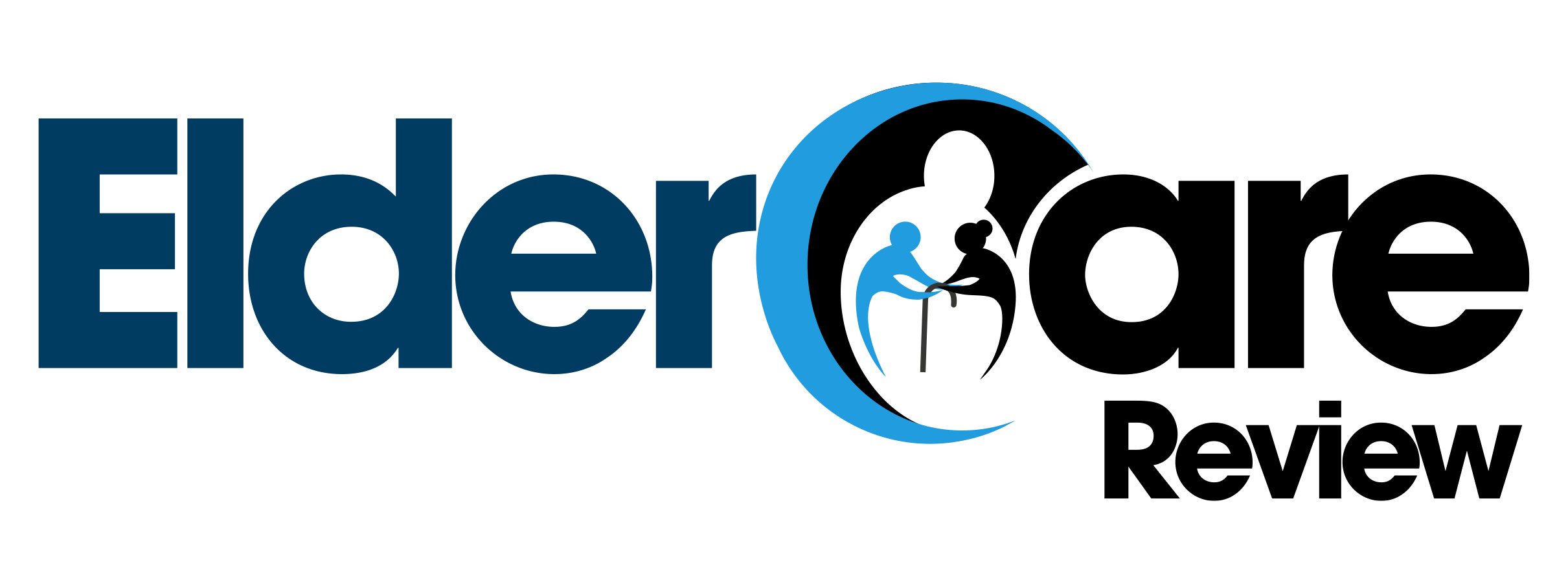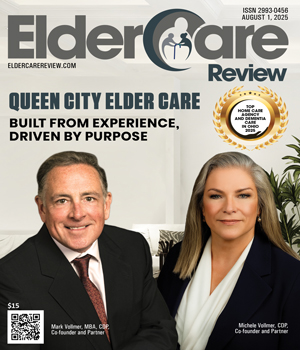Hospice care is built on compassion. Patients want to feel safe, cared for by familiar faces and treated with dignity. Yet delivering consistently exceptional care requires solving a critical industry challenge of keeping skilled caregivers committed to their calling.
Owen Lawrie, founder and CEO of Uplift Hospice, understood this clearly. His mother, a registered nurse with decades of hospice experience, returned home each day with quiet resolve, carrying the emotional intensity of her work. Her journey inspired his mission.
Drawing from her experiences and his entrepreneurial drive, Lawrie built Uplift on the principle that exceptional patient care follows when caregivers feel valued, respected and supported. This supportive culture has become Uplift’s core differentiator, translating caregiver well-being into award-winning patient care.
At Uplift, caregivers are treated with the same dignity they extend to patients. The culture prioritizes respect, trust and appreciation, which is why caregivers stay longer, contribute more deeply and grow professionally within the organization.
For families, this stability is invaluable. They regularly see the same caregiver at their doorstep, without repeatedly explaining their loved one’s needs. Familiarity brings comfort during uncertain times.
“We deliver the kind of care and respect I would want for my parents or grandparents,” says Lawrie. “That care starts by investing in our caregivers, appreciating their dedication and giving them every reason to stay. Lasting, meaningful care comes directly from there.”
Uplift offers routine home care, respite care, continuous home care and general inpatient care. Each includes standard services like durable medical equipment, medications and supplies. Care is delivered wherever patients feel most comfortable in assisted living, memory care or a group home.
The process begins with a simple, experienced hospice team visiting the patient’s home to check eligibility, explain services and answer questions. From the start, families receive honest guidance without pressure. Knowing many feel uncertain about hospice or palliative care, Uplift focuses on education to help families make confident, informed choices.
-
We deliver the kind of care and respect I would want for my parents or grandparents. That care starts by investing in our caregivers, appreciating their dedication and giving them every reason to stay. Lasting, meaningful care comes directly from there
Once care is confirmed, a nurse case manager returns within 24 hours to create a personalized care plan. Medications and equipment are coordinated to support it. Caregivers are then thoughtfully matched to each patient, considering skills, cultural understanding and emotional fit, an intentional approach that builds trust over time. Social workers, chaplains and home health aides complete the care team, becoming familiar, supportive faces.
Every patient sees a nurse at least once a week, often more, exceeding Medicare’s minimum. Uplift also offers comfort therapies such as pet visits, music and aromatherapy to support emotional well-being.
To provide continuity as needs evolve, Uplift introduced Wellness Wheels, a mobile model that allows patients to begin with primary care, transition to palliative services and eventually enter hospice, all with trusted professionals.
A family reached out about their daughter, who had end-stage renal disease but was still receiving dialysis, which usually makes hospice care unavailable. Instead of turning them away, Uplift supported them for months, offering visits, guidance and space to make the right decision. When the family chose to stop treatment, their daughter was cared for by a team who already knew her and had built a bond with her family. Even after her passing, the family continues to attend Uplift’s annual Celebration of Life and team members remain part of their lives today.
Stories like these happen because Uplift puts its caregivers first. When caregivers need time to rest, Uplift ensures they can step away without worry. Families are offered up to five days of coordinated respite support, during which patients stay at a skilled nursing facility. There, trained staff manage daily needs, meals, medication and mobility while providing companionship and engaging activities. With transportation and routines taken care of, caregivers return refreshed, ready to provide care with renewed clarity and compassion.
This caregiver-first approach has resulted in a 90 percent retention rate, well above industry averages. Uplift has only needed to hire a recruiter twice. The result is strong, lasting relationships across the healthcare community. Lower turnover means families see caregivers who know their loved ones, not someone new each week.
Thank you for Subscribing to Eldercare Review Weekly Brief




